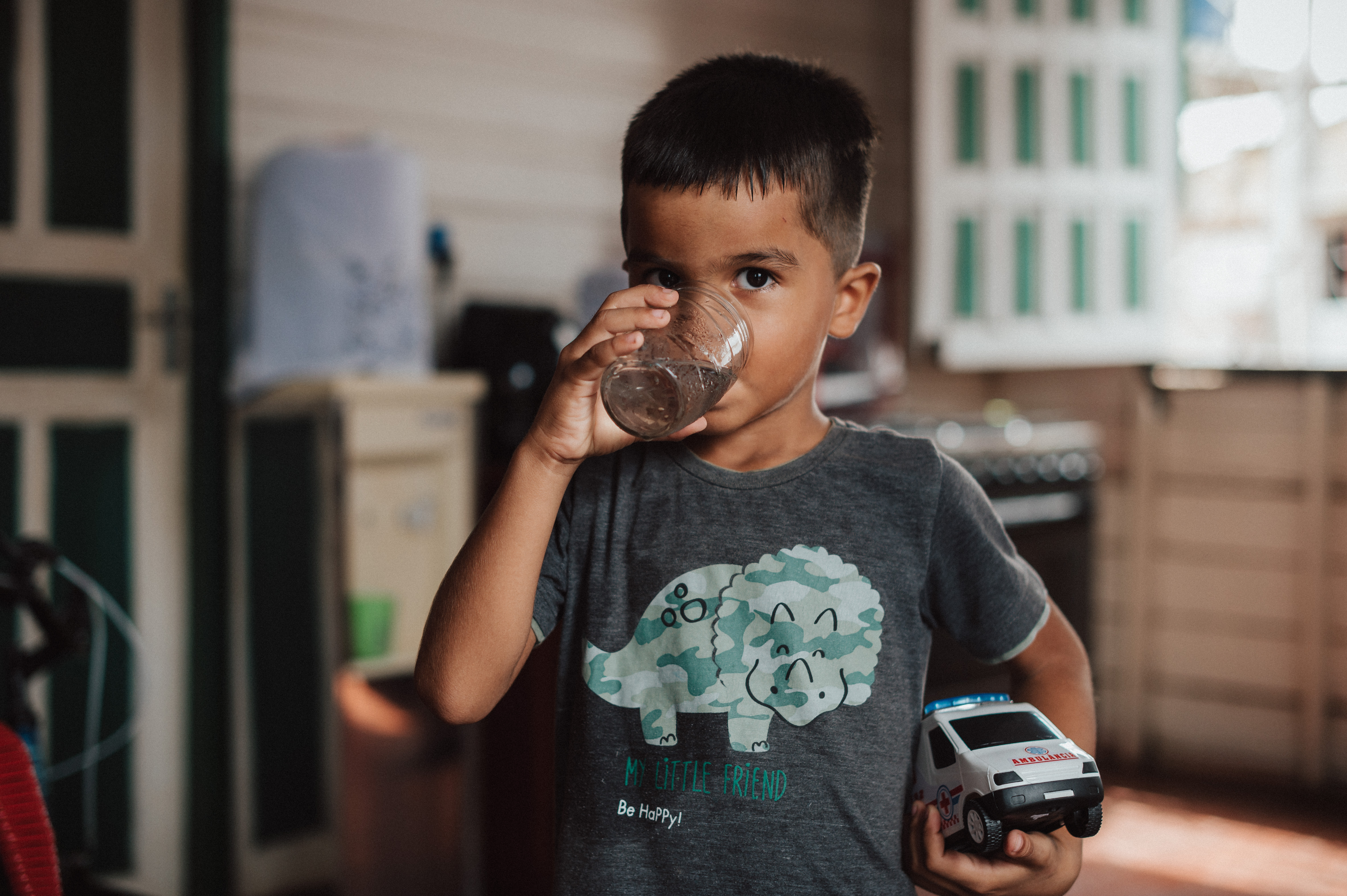

Description
In 2019, the MMA launched the National Agenda for Urban Environmental Quality aimed at the environmental improvement of (urban) cities, being governed by 6 axes
i) Zero Dumps,
ii) Combating Garbage at Sea;
iii) Green Cities;
iv) Recovery of Contaminated Areas;
v) Pure Air;
vi) Cleaner Rivers
As a good practice implemented in this agenda, the Zero Dumps Program stands out, which "proposes to minimize the environmental impacts resulting from the pressure that urban solid waste exerts on natural resources, as well as to make the necessary changes for the environmentally adequate disposal of urban solid waste." (BRAZIL, 2019).
Among the many benefits that the closure of dumps brings, with regard to the WASH sector and the intersection with UNICEF's goals, we highlight the relationship with the incentive to eradicate child labor commonly found in areas where dumps are created, as well as the improvement of the environmental quality of places with irregular waste disposal, whose surroundings are often inhabited by low-income families without decent housing.
Criteria 8/11
- ACCESSIBILITY
- ALIGNMENT WITH SDG 1,3,4,6 AND/OR 11
- RACE AND GENDER ISSUES
- ATTENTION TO CHILDREN AND ADOLESCENTS
- LOW COST
- SOCIAL DIFFUSION
- ADMINISTRATIVE EFFICIENCY
- ADHERENCE AND CONTINUITY AT LOCAL LEVEL
- WASH INITIATIVE
- CLIMATE RESILIENCE
- SUSTAINABILITY
This agenda is directly related to the departments of the populous municipalities, working in the Solid Waste Management sector.
Federal Managers, State Managers, Municipal Managers, Civil Society, Waste pickers' associations and cooperatives, private companies involved in solid waste management.
Large Cities that concentrate 85% of the total Brazilian population.
Since 2012
The agenda is subdivided into 6 themes, each of which has a specific program. The fields that relate to the WASH sector are: Zero Dumps and Cleaner Rivers, the first being more related.